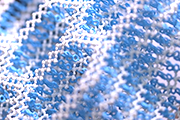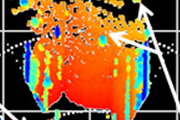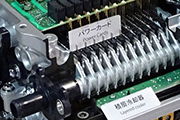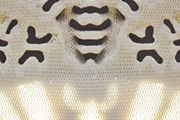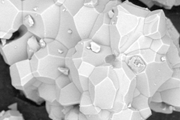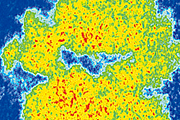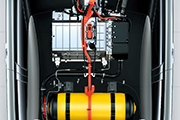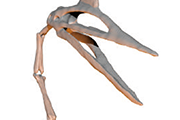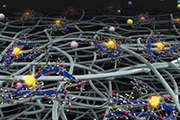Prototyping soft robots using a design method based on Turing patterns
A study conducted by Masato Tanaka et al., assigned in Toyota Motor North America (TRINA) in collaboration with Georgia Institute of Technology was published in Science Advances. This study was conducted in cooperation with Frontier Research Center of Toyota Motor Corporation.
The research explores the emerging paradigm of programmed 3D shapes in additive manufacturing, which is receiving significant attention. Specifically, the study focuses on shape-morphing inflatable structures, which traditionally use isotropic materials with geometrical features. Anisotropic design through topology optimization is a powerful method to produce unique mechanical parts, however, creating physical structures with small anisotropic domains has proven challenging due to the continual spatially varying fiber orientation. This research used Turing patterns to address this challenge, resulting in a bi-phase pattern of soft fiber and stiff matrix material that mimics the topology optimization result. Moreover , advanced grayscale digital light processing 3D printing techniques can readily fabricate the Turing pattern design. The study’s findings suggest that applying patterns found in biological systems and nature to engineering composites is possible, offering new concepts for future material design.
Title: Turing Pattern–based Design and Fabrication of Inflatable Shape-morphing Structures
Authors: Tanaka, M., Montgomery, SM., Yue, L., Wei, Y., Song, Y., Nomura, T., Qi, HJ.
Journal Name: Science Advances
Published: February 10, 2023
https://www.science.org/doi/10.1126/sciadv.ade4381#


















